For Linux users:
I ran into this question while trying to switch from password authentication to PAT (personal access token).
I used https to work with Github. Github suggests (at the time of writing this answer) that the switch can be done by simplying entering my PAT instead of my password. However, the problem I had, was that my password was cached, so I never had to enter it.
Source: https://docs.github.com/en/github/authenticating-to-github/keeping-your-account-and-data-secure/creating-a-personal-access-token
So I had to look for my cached/stored password in order to remove it, so that I can then enter my PAT instead of my password when prompted.
I found the password in the following file:
/home/MyUsername/.gitconfig
I deleted the file, and simply pasted the PAT instead of my password the next time.
Github recommends using their Git Credential Manager Core (GCM Core) for storing credentials (source: https://docs.github.com/en/get-started/getting-started-with-git/caching-your-github-credentials-in-git). I installed this as well, and the PAT credentials are now stored in a different location:
/home/MyUsername/.gcm (it's a folder)
I wrote this answer in more details and perhaps a little offtopic as starting in 2 days (August 13th 2021), password authentication will no longer be possible, and I suppose some users might have difficulty in locating their cached password.
TL;DR look for:
/home/MyUsername/.gitconfig


